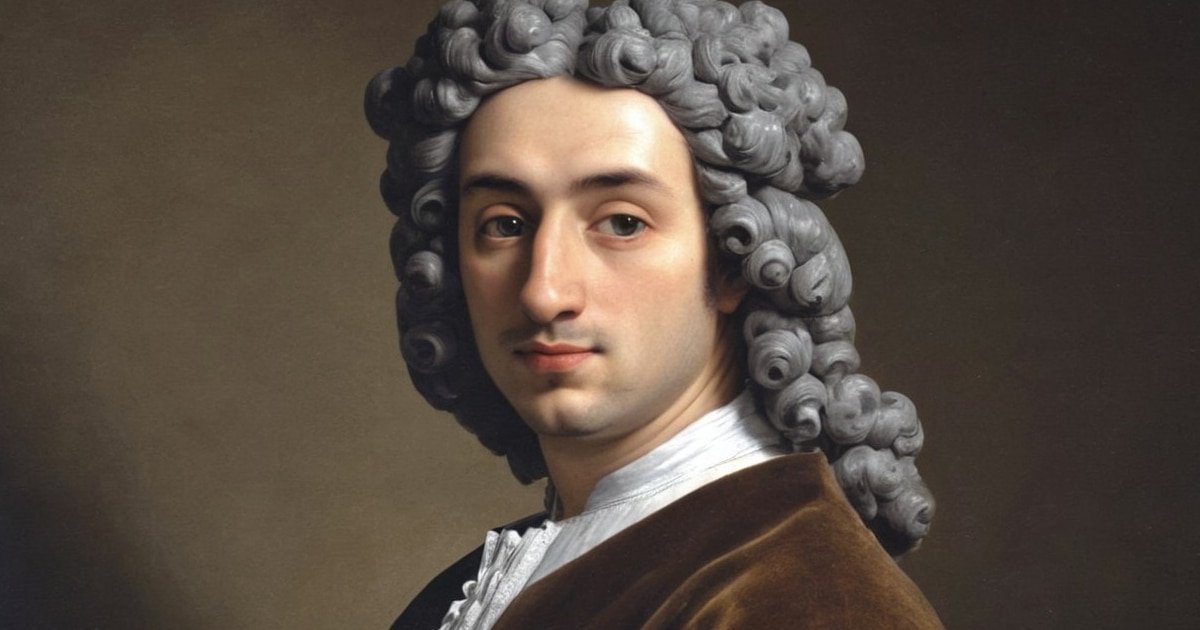Article index
The history of the castrated singers, also known as falsettists, is surrounded by a halo of mystery and charm.
It is not known with certainty when the practice of castration towards children has begun to preserve their acute voices.
However, the castrati have been thought to have played an important role since ancient times, both as courtiers and as singers.
Over the centuries, the use of castrates in the world of music became increasingly widespread. The practice of castration was expensive, therefore often the children who were subjected to this mutilation, came from poor families.
In many cases, parents sold their children to teachers or musical institutions, hoping that their voice but above all their promising song could guarantee them a better life.
The life of a castrate
The life of the castrated artists was not easy. They had to follow a rigorous study and discipline program within the consarcators.
The students were required to follow the provisions of their teachers to the letter, and in case of disobedience they could even end up in prison.
However, the castrates enjoyed some advantages compared to the other students: they were fed in a better way and their health was monitored carefully.
They also slept in warmer rooms to avoid getting sick and compromising their voice.
The study method
The method of study of the castrates was extremely demanding. Every day they dedicated hours to the improvement of the technique, the learning of literature and the exercise in front of a mirror to improve gestures and expressiveness during performances.
In addition, they studied musical theory and improvisation, also using a special blackboard called " folder " to write the exercises.
Despite the difficulties and sacrifices, the castrates reached an extraordinary artistic perfection. Thanks to the teaching of the great masters of the time, such as Pistocchi , Bernacchi and Porpora , they managed to develop a vocal technique and a unique interpretative capacity.
Typical study day of a castrate (Caffarelli)
Morning
- 1 hour of singing passages that are difficult to execute
- 1 hour of literature
- 1 hour of singing exercises in front of a mirror to learn the way of moving, managing and avoiding bad grimaces while singing ...
Afternoon
- 1/2 hour of theoretical exercises
- 1/2 hours of counterpoint on a firm song (improvisation exercises)
- 1 hour of counterpoint with the folder (a kind of blackboard where the exercises were written)
The rest of the day was spent playing the harpsichord and composing psalms and motets.
However, the fate of the castrates was marked. Over the years, their voices gradually lost their charm and the practice of castration fortunately disuse.
In conclusion, the history of the castrated singers is a fascinating and controversial chapter of the history of music. Despite their difficult lives and the mutilations suffered, the castrates have left an extraordinary musical inheritance that still fascinates and enchants music fans around the world.
Read also the article:








